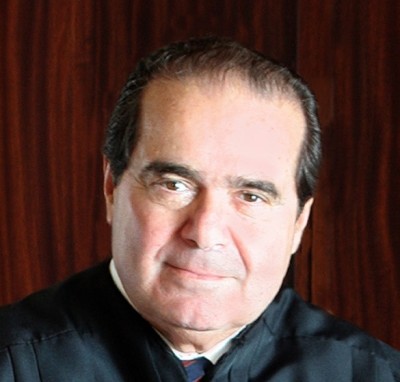The U.S. Department of Labor (DOL) sent its much anticipated final overtime regulations to the Office of Management and Budget (OMB) for review on March 14, 2016. Technically, this move came slightly ahead of schedule. OMB now has 90 days to review, which would put its “due date” in mid-June – ahead of the July regulatory agenda publication date we previously reported. However, as these overtime regulations are a top-line priority subject to intense political scrutiny, there is reason to believe OMB may not complete its review within the 90-day window.
Game-Changing Overtime Regulations Advance to OMB Ahead of Schedule, Final Rule Could Arrive as Early as April 2016











